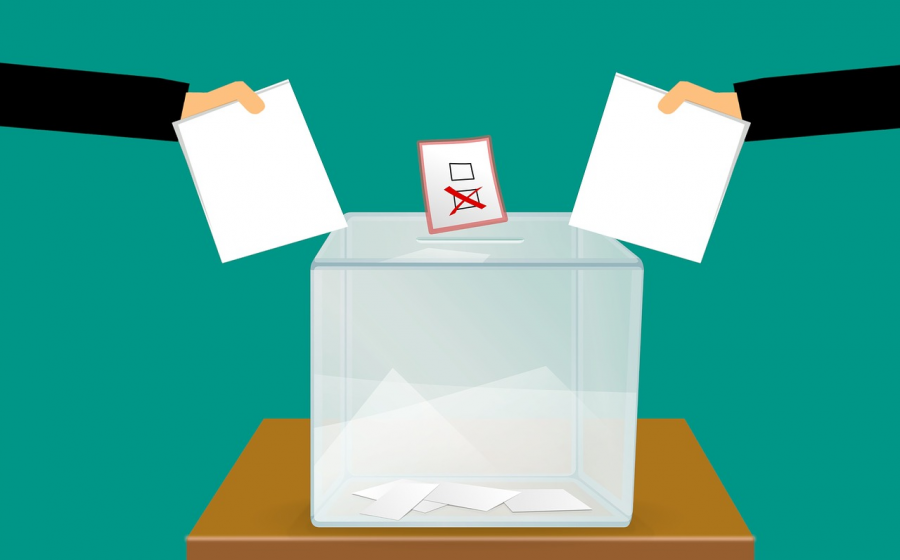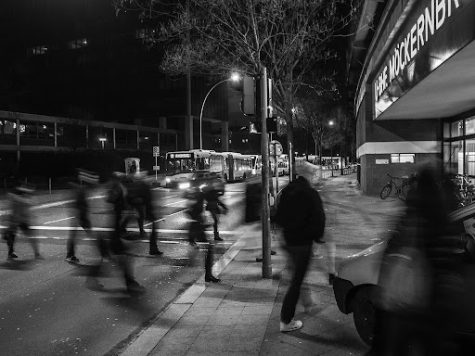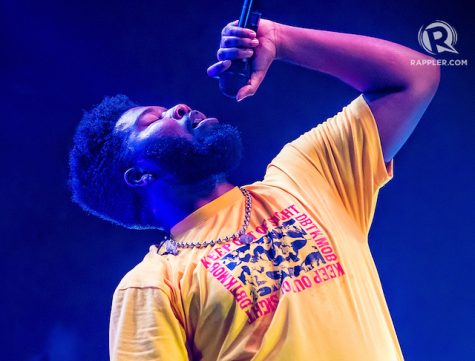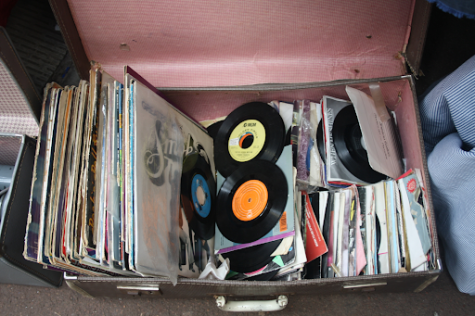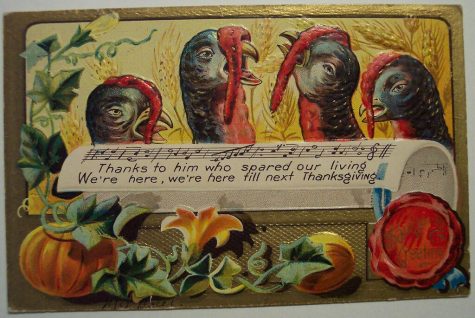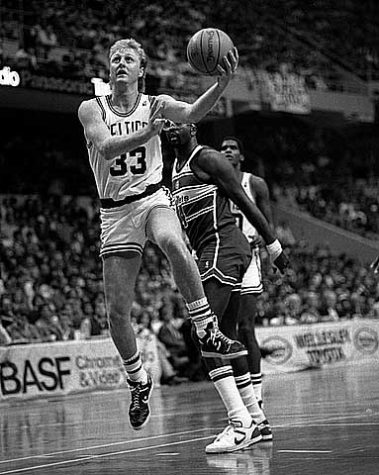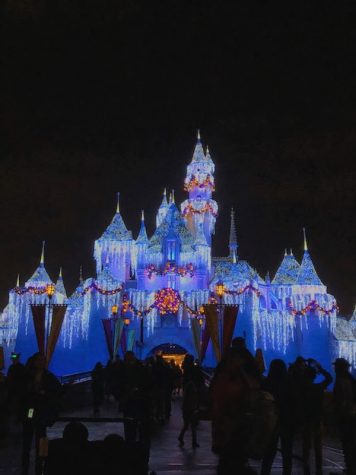California should let 17 year olds vote in primary and special elections
California needs to pass Proposition 18
With the 2020 election quickly approaching, voters in California should vote yes on Proposition 18 to allow eligible 17 year olds to vote in primary and special elections.
October 16, 2020
Proposition 18 is on the California ballot as a legislatively referred constitutional amendment to be voted on during the general election. Proposition 18 would allow 17 year olds to vote in primary and special elections as long as they will be eligible to vote and at least 18 by the next general election.
18 states already allow 17 year olds that will be 18 by the next general election to vote in primary elections.
Proposition 18 is supported by the California Democratic Party, the ACLU of Southern California, and officials like Governor Gavin Newsom, Secretary of State Alex Padilla, and Assemblymember Kevin Mullin.
Eligible 17 year olds should be allowed to vote because it will give them more experience in actually voting before they make decisions that will affect the entire country through the general elections in their adulthood. It would help to ensure that voters are able to understand what their values are and how they will want to vote in the future.
Primary elections are used to choose what candidates will be running in the general elections. By being able to vote in the primary elections, eligible 17 year olds will be able to choose who they want to vote for in the general elections since they will be of age to vote by then. This will make all eligible voters’ opinions represented in the primary election.
With so many teens already getting involved in politics through social media, allowing eligible 17 year olds to vote in the special and primary elections will amplify the voices of the younger generation, leading to a more inclusive election process.
Voters that are between the ages of 18 and 24 are repeatedly the least represented during elections because they do not vote often. Research has found that voting often becomes a habit, so 17 year olds should be able to vote in the special elections and primary elections to encourage them to continue to vote as they become older.
One of the most common arguments against Proposition 18 is that 17 year olds are still considered minors, so they should not be allowed to vote. However, decisions that are made in elections will affect 17 year olds because they are about to enter adulthood, so they should be able to help make these decisions through voting.
Another popular argument against Proposition 18 is that the majority of 17 year olds are still living with their parents and are still in high school, so they will likely be swayed to vote a certain way. However, with social media and many teens constantly seeing political commercials and pamphlets daily, 17 year olds are being shown many different pros and cons of different election candidates and proposed measures. Additionally, anybody, not just teenagers, can be swayed to vote a certain way because they are impressionable at work or by their family, so it is wrong to direct that argument at teenagers.


